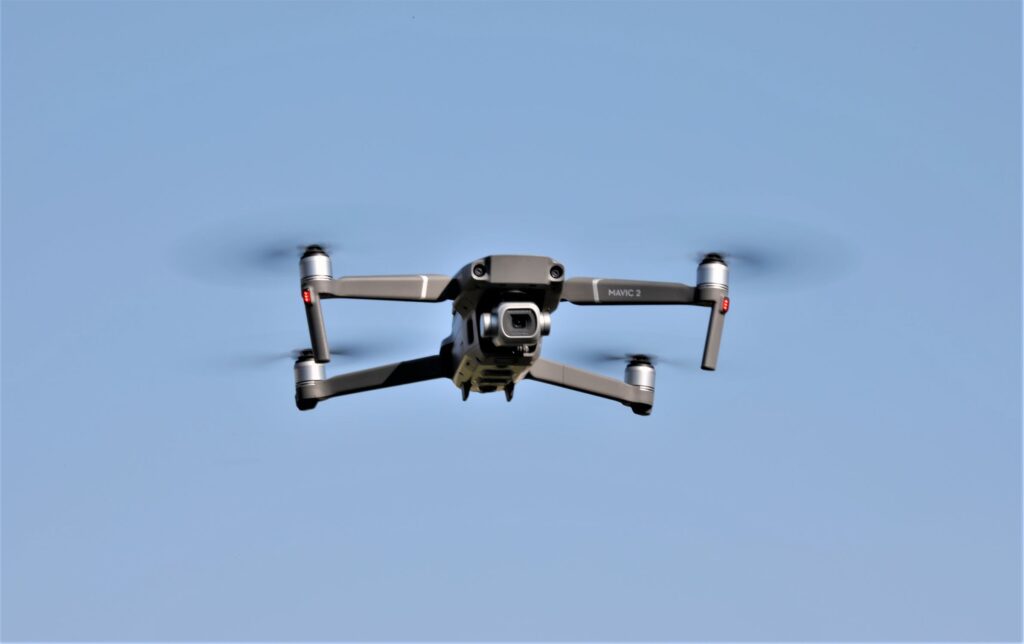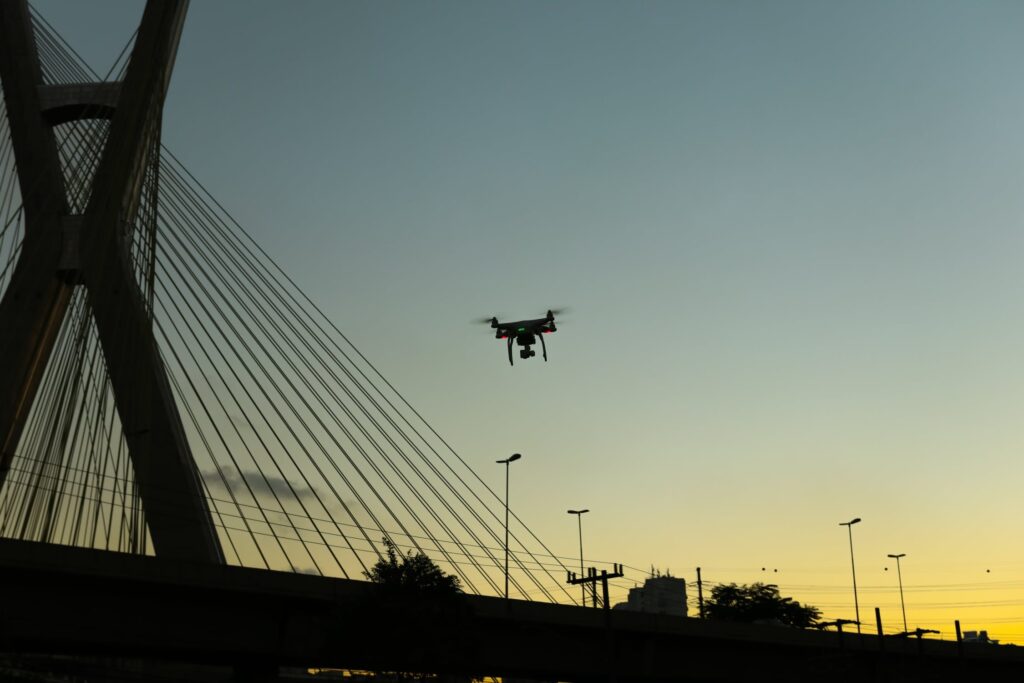In the middle of August, 2020, the U.S. DEFENSE INNOVATION UNIT announced that Teal Drones, a company founded by George Matus in 2014, was accepted as a part of a very exclusive group of merely five drone companies. These five companies were approved to provide advanced, high-tech remote, portable drones to the U.S. Department of Defense, as well as other government entities.
When he founded Teal Drones, Matus was only just a teenager who amazingly attracted over $20 million in venture backing, a child prodigy, perhaps. The Golden Eagle, one of Matus’ impressive drones, is a tough, fast, high-performance drone that is easily portable and can be deployed rapidly by war fighters and was developed over an 18-month innovation and testing program with the Defense Department.
In order to design and complete a prototype that meets specifications as outlined by the Army in partnership with the Defense Innovation Unit, Matus points out that six companies, including Teal, were awarded some $11 million collectively. Matus stated that he is excited with the news and hopes the announcement will also be a turning point for domestic drone innovators who have been dominated by the Chinese drone maker, DJI, since UAVs began to become popular about a decade ago.
Matus explained:
“We all know that 2020 is going to be remembered for a lot of things, but I’m hoping one of them will be the resurgence of the American drone industry. The industry has just been getting . . . pummeled with DJI taking over the market . . . and almost reducing the U.S. drone industrial base to zero.”*
Although the Chinese drone maker, DJI, has been able to build up an overwhelming control of domestic drone sales since its launch in 2006. In fact, according to Drone Industry Insights, a trade group, recent data shows that the company holds an amazing 80% of the U.S. market. However, with the new law in place that prohibits Chinese drone parts, this could over time free up opportunities for Americans.
There were concerns about secured data flow, and data privacy, when it came to Chinese drone makers for several years. But it was not until last year that The U.S. Department of Homeland Security sent an alert that emphasized such concerns, yet it did not identify any manufacturers.
The notice stated the following:
“The United States government has strong concerns about any technology product that takes American data into the territory of an authoritarian state that permits its intelligence services to have unfettered access to that data or otherwise abuses that access.
Those concerns apply with equal force to certain Chinese-made (unmanned aircraft systems)-connected devices capable of collecting and transferring potentially revealing data about their operations and the individuals and entities operating them, as China imposes unusually stringent obligations on its citizens to support national intelligence activities.”*
In its initial announcement, The Defense Department stated that although small drones have been widely available to consumers for the last ten years or so, and have been adopted by foreign military forces, as well as, aerial vehicles to gain a bird’s-eye-view of the battlefield, until now, the “DOD has not had the opportunity to add these systems safely.”*
Acting under secretary of defense for research and engineering, Michael Kratsios, said that the new program that led to the new drone provider list, called, Blue Small Unmanned Aerial Systems,
“. . . represents a tremendous first step toward building a robust and trusted (unmanned aerial system) domestic industrial base that ensures sustained delivery of highly-capable, secure, unmanned aerial systems to the warfighters that depend on it.”*
Kratsios also noted that the program showcases how the Defense Department “. . . can both work with small, nontraditional companies and our allies and partners to quickly pilot cutting-edge technologies that support our mutual defense.”*
A Wall Street Journal reported in 2019 that in the past few years, the U.S. government spending on small drones skyrocketed to almost $280 million by the Defense Department.
In a 2019 profile by Desert News, Matus explained what enabled him to buy a company like Teal Drones. He pointed out that he envisioned one day owning such a company ever since he became enamored of radio controlled planes and helicopters as a boy. He set out to develop the skill set that would eventually open up his first job in the drone industry, at the young age of 12.
He says:
“I got that first radio-controlled plane and really fell in love with it . . . I started learning as much as I could about hardware and software and flying. I was running lemonade stands and doing magic shows and babysitting to save up to buy my next $200 plane.
And when I was 12, I became a test pilot for a drone company. I just applied for fun, because I saw an application . . .”*
The other drone makers approved for inclusion on the federal procurement list include three U.S. based companies: Skydio, Altavian and Vantage Robotics, as well as, the French company, Parrot.
Future
George Matus should be an inspiration to all of us!
Matus shows us what is possible when we have a dream and add a strategy and hard work to get there.As a result, the selection of his company, Teal Drones, by the U.S. Department of Defense, is likely to be a very lucrative deal in securing new contracts.



